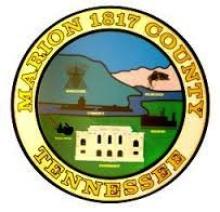Fact Sheet On Rural Connectivity In North Carolina
The Coalition for Local Internet Choice North Carolina chapter (CLIC-NC) and the Community Broadband Networks Team here at the Institute for Local Self-Reliance (ILSR) have teamed up to create a new fact sheet: Fast, Affordable, Modern Broadband: Critical for Rural North Carolina.
This fact sheet emphasizes the deepening divide between urban and rural connectivity. The fact sheet can help explain why people who live in the country need services better than DSL or dial-up. This tool helps visualize the bleak situation in rural North Carolina and offers links to resources.
Rural North Carolina is one of the most beautiful places in the country but also one of the most poorly served by big Internet access providers. The gap between urban and rural connectivity is growing wider as large corporate providers choose to concentrate their investments on a small number of urban areas, even though 80 percent of North Carolina's counties are rural.
To add insult to injury, North Carolina is one of the remaining states with barriers on the books that effectively prohibit local communities from making decisioins about fiber infrastructure investment. CLIC-NC and ILSR encourage you to use the fact sheet to help others understand the critical need for local authority.
Download it here, share it, pass it on.
Learn more about the situation in rural North Carolina from Catharine Rice, who spoke with Chris in episode 184 of the Community Broadband Bits podcast.



